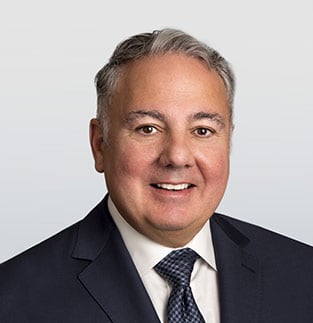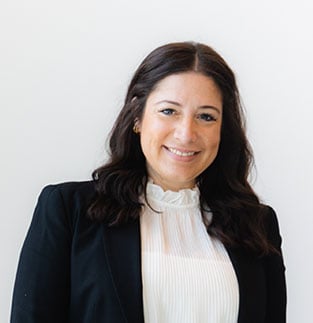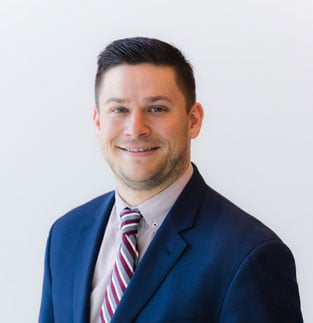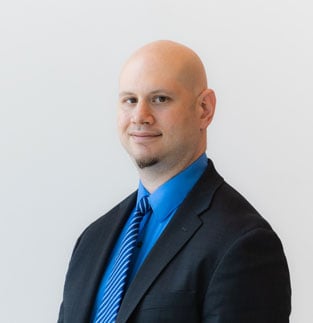Myths About Social Security Disability
There are many myths and misconceptions about Social Security Disability and Supplemental Security Income (SSD/SSI) benefits. This is understandable. The requirements are complex, and the application and appeals processes are notoriously difficult.
At Angiuli & Gentile, LLP, our attorneys have the SSD/SSI experience necessary to assess your claim and help you through the process. For 30 years, we have provided knowledgeable, compassionate SSD/SSI representation to people with a disabling illness or injury. We understand that your well-being may depend on receiving benefits, and we take this very seriously. Read this page to find answers to some common SSD/SSI myths, and call us in Staten Island at 347-201-4447 to set up a free consultation.
Learn The Truth About The Following Myths
There is no difference between SSD and SSI.
SSD benefits are available for people who have worked enough years to earn the required Social Security work credits. SSI is for people who do not have sufficient work credits. It is a needs-based program meant for people who are disabled, blind or elderly. Children with certain mental or physical conditions may also be eligible for SSI benefits.
If my claim is denied, it means I will never receive benefits.
The majority of initial claims are denied: approximately 75 percent. Many claims are denied again at the reconsideration stage. This does not mean you should give up. The SSA denies numerous valid claims, often because they lack sufficient medical evidence to prove disability. Working with an experienced attorney can improve your chances of receiving benefits.
You can’t get SSD/SSI for mental health conditions.
The SSA awards SSD/SSI benefits for numerous mental health conditions, including anxiety disorders, depression and bipolar disorder, post-traumatic stress disorder (PTSD) and schizophrenia. These cases can be challenging, however, so it is helpful to have a knowledgeable lawyer advocating for you.
If my condition is not on the SSA’s Listing of Impairments, I will not receive benefits.
While it is certainly helpful if your condition is mentioned in the Listing of Impairments, it is not necessarily a requirement. You may receive benefits for a condition that is not mentioned in the listing if you can prove that your condition is disabling and prevents you from working in a substantial gainful activity. These cases can be more complex. You should discuss yours with an attorney.
People under age 50 can’t get benefits.
This is not true. It may be more challenging to get SSD benefits if you are under 50, but it is not impossible. When determining whether a person receives benefits, the SSA looks at their ability to do full-time work in any job, not just their current or most recent job. Because the SSA considers it easier for people under 50 to find another job, they may be less likely to receive benefits.
If you can prove that you do not have the residual functional capacity to work in a substantial gainful activity for a year or more, you are more likely to receive benefits, regardless of your age. To accomplish this if you are not age 50 or older, however, you may need an attorney’s help.
Find Out How We Can Help You Get The Benefits You Need
For a free initial consultation, please call 347-201-4447 or complete our online form.













